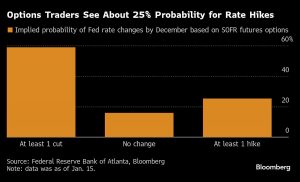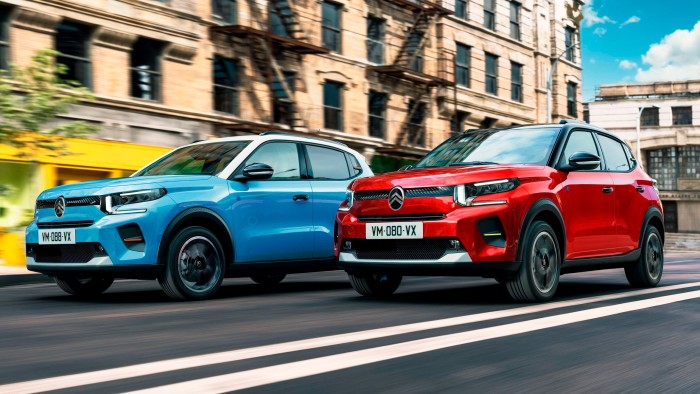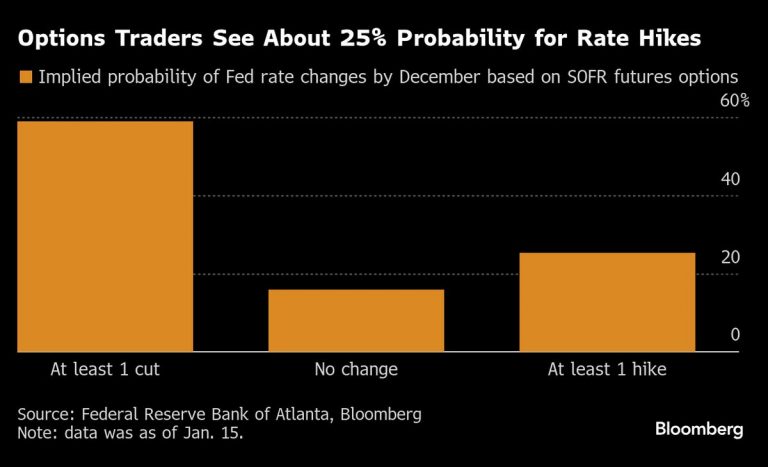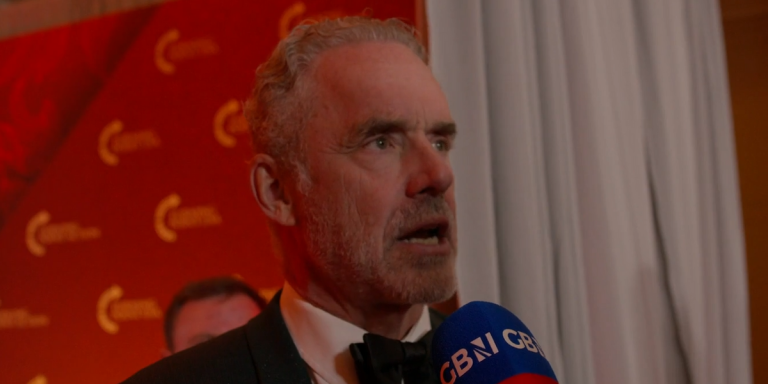Europe is set for a resurgence in electric vehicle sales this year with carmakers delivering more than 160 models to the market, but executives warn that profits may fall further because of regulatory costs and discounting.
Growth in EV sales across key European markets ground to a halt last year as governments cut back their subsidies and companies held back from new EV models until 2025 in anticipation of the continent’s stricter new emissions rules.
Matthias Schmidt, an independent car analyst, forecast that 2025 EV sales in western Europe, including the UK, would jump 40 per cent to 2.7mn vehicles, as carmakers rushed to meet CO₂ targets. He predicted the share of battery-run cars to break out of the 15-17 per cent range, to 22 per cent of the total market this year. “We certainly expect the market to rebound in 2025 due to the regulatory push from the EU,” he said.

But the return of EV sales growth will also come with the high costs of meeting tougher emissions rules and more discounts as consumers seek affordable cars. With underlying demand still weak, executives said the overall outlook for the European car industry remained challenging at a time of rising Chinese competition and growing protectionism in the US.
“In terms of the offer between EVs and hybrids, we are ready,” said Fabrice Cambolive, who heads the Renault brand, where 13 per cent of its sales are electric. “In terms of demand, we see signals which are very volatile. The level of hesitation is really high among our customers.”
The European car industry body Acea estimated that fines, carbon credit costs or the sales of EVs at a loss could cost carmakers €16bn if fines for 2025 were not delayed. Its preliminary data showed that new EV registrations in Europe fell nearly 6 per cent last year.
Shares in electric-car maker Polestar fell 11 per cent on Thursday after it revealed that it would take two more years for its free cash flows to turn positive and lowered its market expansion plans.
Schmidt expected more than 160 EVs would be available this year in Europe, including cheaper offerings below €25,000, such as Renault 5 and Citroën ë-C3. The line-up also includes 20 new models such as BMW’s Neue Klasse electric sport utility vehicle and Mercedes-Benz’s new electric CLA, while Tesla’s updated Model Y released in China on Friday will also head to Europe.
With the record number of product launches in the company’s history starting from 2025, Ola Källenius, chief executive of Mercedes-Benz, said the company would “launch a firework of products, most of which will be fully electric”.
But he cautioned that the “natural demand” of consumers was unlikely to increase in 2025 to a level that would allow the industry to sell battery-run cars at healthy profit margins.


From this year, the EU will require carmakers to cut carbon emissions by increasing the portion of electric vehicles sold. Carmakers and analysts have been closely watching the UK, which last year launched its EV quota scheme that requires 80 per cent of car sales to be zero-emission vehicles by the end of the decade.
Performance in the UK during the first year of the EV targets provides an early indication of how regulatory pressure can impact sales and profits.
Registration of new EVs jumped by 21 per cent to a record 382,000 last year with the UK narrowly overtaking Germany as Europe’s largest battery-run car market for the first time.
However, discounts on EVs to attract customers reluctant to switch away from petrol vehicles cost carmakers billions of pounds. Despite the price cuts, businesses made up a large portion of the EV sales with only one in 10 private buyers choosing an electric model.
“The amount of money available to stimulate demand is going to be under severe pressure when manufacturers have very finite resources,” warned Mike Hawes, chief executive of the Society for Motor Manufacturers and Traders in the UK.
Analysts predicted weaker profits in Europe would drag down global performance at the carmakers. UBS estimated earnings before interest and taxes for European auto groups would fall 7 per cent compared with 2024.
While companies had a strong interest to sell more EVs this year, “the question is how much additional discounting we will see from the carmakers to sell more EVs”, said UBS analyst Patrick Hummel.
On top of discounts and promotion, some manufacturers will face the additional cost of buying carbon credits from the likes of Tesla and Chinese rivals which are ahead in the electric transition, in order to meet the new EU regulations.
This month, Stellantis, Ford, Toyota, Mazda, and Subaru announced plans to “pool” carbon emissions with Tesla, allowing them to purchase emissions credits, while Mercedes-Benz wants to work with Geely-owned Volvo and Polestar.
Hummel estimated that these various measures, including discounts and carbon credits, to achieve the targets would have as much as a €4bn impact on industry-wide profits.


While the European car industry has been calling on Brussels to consider making the regulations more flexible, it is also hoping that governments will help revive consumer demand for EVs by reinstating incentives.
Registration of new electric cars in Germany collapsed 27 per cent last year after purchase subsidies were abruptly pulled at the end of 2023. France suffered a 3 per cent year-on-year decline and a 21 per cent fall in December alone.
Some governments have started to take in concerns around the targets with Britain considering ways to make meeting its mandatory EV sales targets easier. France has suggested that carmakers should be spared from large fines that would be imposed if they failed to meet EU emissions rules.
But it remains unclear where the political debates will settle.
In France, a popular leasing scheme for less well-off families to buy electric vehicles ended in February 2024, after the 50,000 requests in two months was more than double the total expected over a year.
Paris slashed EV purchasing subsidies from a maximum of €7,000 to €4,000 last month but as the French government has yet to pass a budget for 2025, further support for EVs or penalties for polluting vehicles remain unclear.
In Germany, the uncertainty over subsidies has impacted electric vehicle sales.
Gilles Le Borgne, head of engineering at Renault, said the German government’s removal of incentives was “instantaneous”. He added that above all, carmakers “need stability of public policy around electric vehicles” and “often it’s €1,000 or €2,000 [in support] that can shift things one way or another”.


























+ There are no comments
Add yours